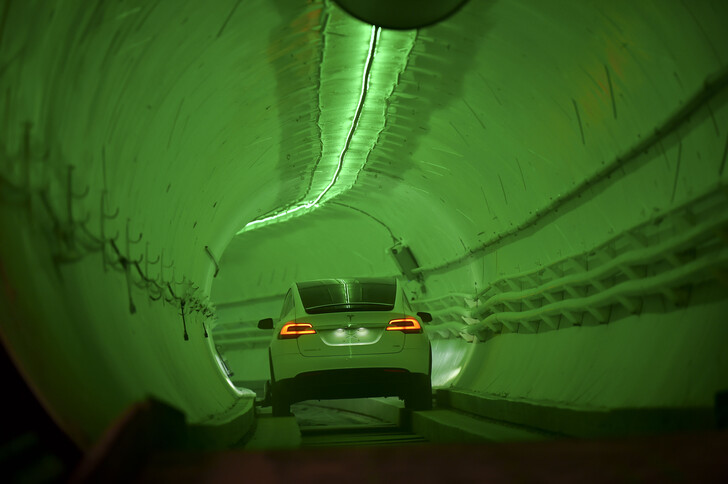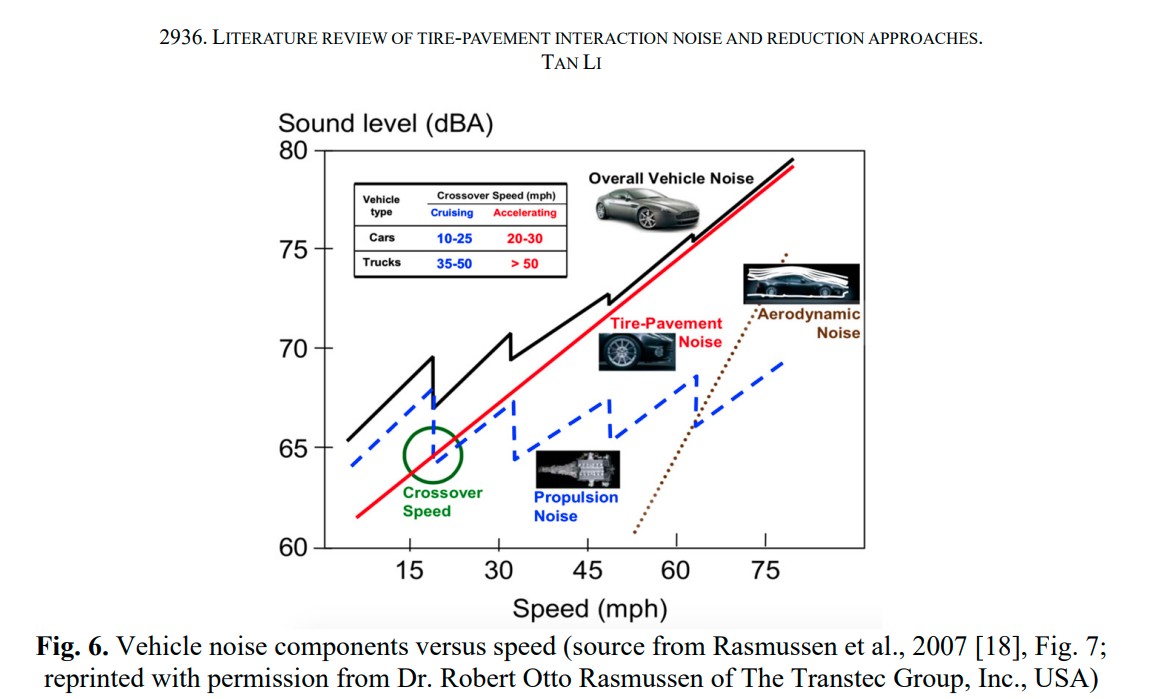Since moving to metro Vancouver I’m continuously surprised with how common electric vehicles have become. Some may see the rise of EVs as an exciting turn towards a futuristic solarpunk utopia. I see the opposite: they are a dystopia of sorts. They are a dead end, a waste of resources in the wrong direction, a false hope.
The proliferation of personal electric vehicles is a strong marker of failure. It is a manifestation in the physical world of our inability as a society to move on from a clearly failed, car-centric way of living. Teslas kind of epitomize this – despite being just another very expensive car, despite catching fire every now and then, despite bizarre QC issues, despite its nitwit CEO, still they are seen as cool and fashionable and trendy.
EVs are just an incremental improvement on cars. This painful reality hit me when I first heard an EV whooshing down the street: I couldn’t really tell it apart from any other vehicle. Over the years I had read so many hyped articles about how EVs were so quiet that they needed artificial sounds to warn pedestrians that I expected nothing less than library-level quietness from an EV. Instead I heard the same deafening roar as any other car.
It turns out that if you put a tonne of metal on rubber tires going on asphalt, that rubber-on-surface sound is likely the dominant noise source at any appreciable speed:
"Tire-pavement interaction noise (TPIN) dominates for passenger vehicles with the speed of above 40 km/h and for trucks with the speed of 70 km/h."
Literature review of tire-pavement interaction noise and reduction approaches, Tan Li, 2018
As speed increases, it quickly doesn’t matter if you even have an engine at all, as aerodynamic noise also factors in:
So the sound will be the same. So will other things: the parking space it requires is the same, the urban sprawl it stimulates is the same, the accidents are the same (or worse). Everything that matters is basically the same.
For all the distracting “features” of these high-tech gizmos, in essence they are still just cars. No matter how much high tech is embedded into them, they are ontologically the same as the first Model T.
The most obvious improvement of EVs is in energy efficiency/pollution. Ironically this seems to be a very old pro-car argument. In The Death and Life of Great American Cities, written over half a century ago, Jane Jacobs notes that early car proponents defended the personal vehicle as cleaner than its predecessor – horses. Internal combustion engines don’t poop, so the streets were in fact cleaner than before. That is all fair and just; she argued that the issue, however, was that horses were being replaced with far too many cars – in other words, the one-car-per-person model of North America. Essentially the same argument about cleanliness is being repeated now, a century later, with EVs.
Pollution spewing from combustion engines, although a serious issue, was never the only nor the greatest problem caused by cars (and EVs still generate plenty pollution, just not inside the engine, but in power plants and factories). It is disingenuous to pretend otherwise.
The rise of EVs is so disheartening because it is a huge missed opportunity and waste of resources. Even more so because it is being pushed by and within rich Western economies, that tend to lead the way to the rest of the world. Climate change, failing cities and fossil fuel scarcity could have catalyzed a new era of major public transit infrastructure projects and a shift in zoning practices towards sane densification. But those things are hard – culturally and politically – and people will do basically anything to avoid having to do them.
EVs are the perfect kludge that enables us to do nothing. People get a clean conscience thinking they are “doing something”, while not really addressing the underlying issue (and creating some brand new problems as well). Selfish NIMBYism and infinite sprawl can carry on unbothered.

